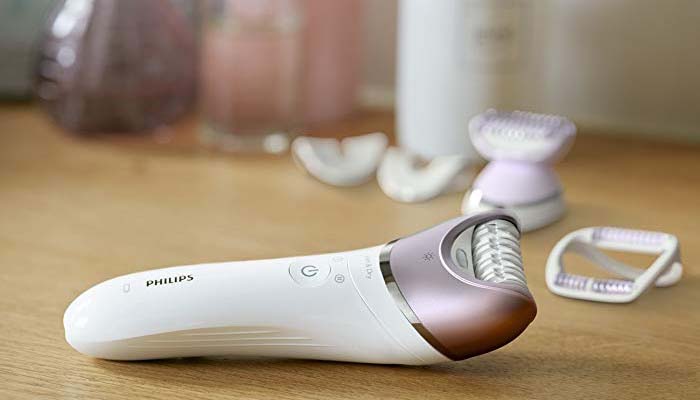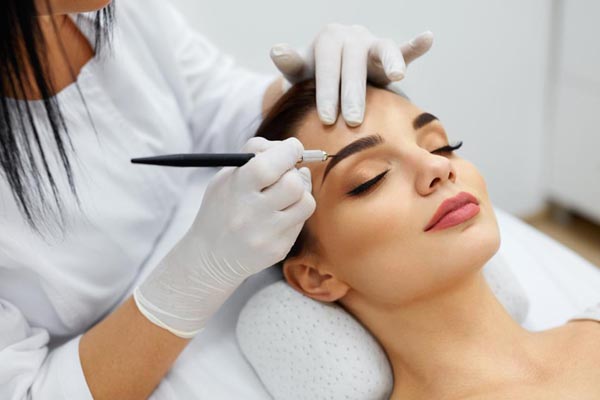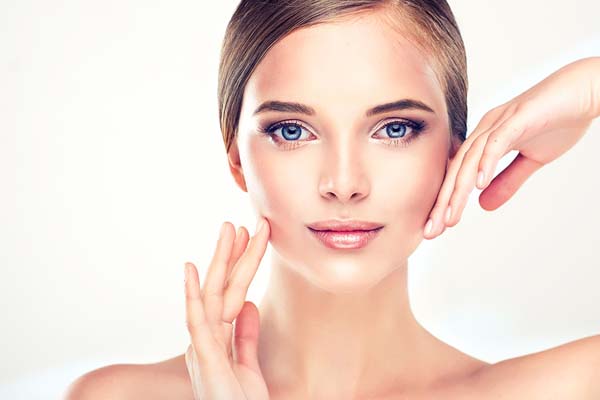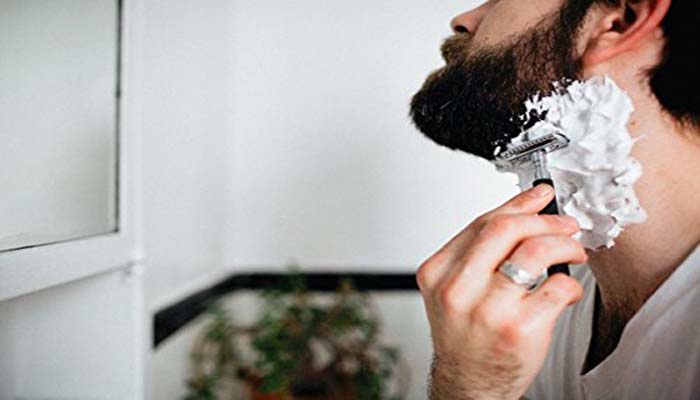Body hair is normal for everyone. Learn the truth about pubic hair, hygiene, grooming, and confidence in this expert, science-backed guide.
Body hair is completely natural for everyone. It protects skin, regulates temperature, and shows that every body is unique. Understanding why body hair exists helps you embrace confidence, comfort, and choice when it comes to grooming.
Why Body Hair Is Normal: The Truth About Pubic Hair and Confidence 🌿
Have you ever wondered why we even have body hair—and why so many people feel pressured to remove it? 🤔 The truth is, body hair (including pubic hair) is perfectly natural. Yet, society has turned it into something to hide or eliminate.
Let’s explore why body hair exists, what science says about it, and how you can feel confident—whether you choose to shave, trim, or let it grow.
The Science Behind Body Hair 🧬
Body hair isn’t random—it serves specific biological purposes. Every strand helps protect your skin, regulate temperature, and even reduce friction.
Scientists explain that pubic hair acts as a natural barrier, guarding against bacteria and irritation. It also helps maintain skin moisture.
- It cushions delicate areas from friction.
- It reduces the risk of ingrown hairs from tight clothing.
- It helps trap pheromones (yes, scent matters in attraction!).
Why Humans Still Have Body Hair
Although humans evolved to have less hair than our primate relatives, we still need some for protection. Pubic and underarm hair remain because they serve important sensory and health functions.
Fun fact: The density and texture of your hair are determined by hormones and genetics, not hygiene or grooming habits.
Common Myths About Pubic Hair 🚫
Let’s clear up a few big misconceptions that often cause embarrassment or confusion.
Myth 1: Pubic hair is dirty.
👉 False! It actually helps keep the skin clean by blocking bacteria.
Myth 2: Shaving makes it grow back thicker.
👉 Another myth. Hair may feel coarser, but that’s just the blunt edge from shaving.
Myth 3: Everyone should remove it.
👉 Totally untrue. Grooming is a personal choice—not a hygiene requirement.
Quick Comparison of Hair Removal Methods
| Method | Pain Level | Duration of Results | Skin Sensitivity |
| Shaving | Low | 1–3 days | Mild irritation possible |
| Waxing | Moderate to high | 2–4 weeks | Can cause redness |
| Trimming | None | As needed | Gentle on skin |
| Laser | Moderate | Long-term | May require sessions |
Hygiene vs. Grooming: What’s the Difference? 💧
Many people confuse hygiene with grooming. But they’re not the same thing.
- Hygiene means keeping your body clean to prevent odor or infection.
- Grooming refers to personal styling choices, like trimming or shaving.
You can be perfectly clean and healthy with or without removing body hair.
How Culture Shapes Our Views on Body Hair 🌍
Cultural norms heavily influence how people feel about body hair. In some countries, hair removal is a long-standing beauty standard; in others, natural hair is celebrated.
Social media, movies, and advertising often push one “ideal” look—but that’s just marketing, not medicine.
The Rise of the “Natural” Movement 🌱
Lately, more people are embracing natural hair as part of self-acceptance. Celebrities and influencers have shown that confidence doesn’t depend on body hair removal.
This shift promotes body neutrality—valuing your body for what it does, not how it looks.
What Pubic Hair Actually Does for You
You might be surprised how beneficial it is! Pubic hair helps:
- Reduce skin friction during movement.
- Regulate body temperature.
- Act as a cushion for delicate skin.
These practical roles explain why dermatologists say removing it is optional, not necessary.
Body Hair Facts at a Glance
| Function | Benefit | Science Says |
| Protection | Shields skin from bacteria | Pubic hair acts as barrier |
| Temperature | Keeps body balanced | Hair helps manage heat |
| Pheromones | Supports attraction | Scent signals found in hair glands |
Pubic Hair and Skin Health 🧴
Dermatologists often warn about skin irritation from frequent shaving or waxing. Small cuts, razor burn, and ingrown hairs can lead to infection.
If you remove hair, use clean tools, gentle techniques, and moisturize afterward.
Grooming Safely: Dermatologist Tips
- Use sharp, clean razors.
- Avoid alcohol-based aftercare.
- Trim instead of shaving if you have sensitive skin.
- Exfoliate gently once a week to prevent ingrown hairs.
When to See a Dermatologist 🩺
It’s normal for hair growth patterns to vary, but if you notice sudden changes (like bald spots or excessive growth), it might signal hormonal shifts.
Doctors can test for imbalances such as PCOS, thyroid issues, or testosterone spikes.
Confidence and Body Image 💛
Body hair—or the lack of it—doesn’t define your worth. Confidence comes from accepting your body’s natural state.
If you feel self-conscious, try focusing on comfort instead of comparison.
- Ask yourself: Do I feel good in my skin?
- Practice self-care routines that boost positivity.
- Surround yourself with body-positive influences.
Comparing Confidence Boosters
| Practice | Helps Build Confidence | Why It Works |
| Mindfulness | Yes | Increases self-awareness |
| Positive affirmations | Yes | Shifts focus to strengths |
| Mirror journaling | Yes | Builds self-compassion |
Talking About Body Hair With Partners or Friends 🗣️
It can feel awkward, but open communication helps normalize it. You can say:
“I prefer keeping it natural—it feels comfortable for me.”
Honesty encourages mutual respect and reduces stigma.
How Media Influences Our Choices 📺
From commercials to influencers, hairless skin has been marketed as “clean” or “feminine.” But more people are challenging those messages by celebrating body diversity online.
Remember: you’re in control of your grooming choices, not social trends.
How to Teach Teens Body Hair Confidence 👨👩👧
Start early with honest, body-positive conversations.
- Explain that everyone grows hair differently.
- Teach hygiene basics without shame.
- Reinforce that appearance doesn’t equal worth.
These lessons build self-esteem and reduce body anxiety later in life.
The Psychology of Acceptance 🧠
Studies show that accepting your body improves mood and lowers stress. Body hair is part of human biology, not a flaw.
Self-acceptance can even reduce compulsive grooming habits driven by insecurity.
Final Thoughts 💬
Whether you choose to wax, shave, or let it grow—your body, your rules. Body hair doesn’t make you dirty, unattractive, or unprofessional. It’s a normal, functional part of being human.
Confidence comes from comfort, not conformity. So, embrace what feels right for you—and remember, nature knows what it’s doing. 🌿
FAQs
- Is it healthy to remove pubic hair completely?
Yes, it’s safe if done hygienically, but it’s not necessary. Use clean tools, avoid cuts, and moisturize afterward to protect your skin. - Does body hair make you smell more?
No. Odor comes from bacteria, not hair itself. Regular washing keeps you fresh, regardless of grooming style. - Why do some people have more body hair than others?
It’s mainly genetics and hormones. Everyone’s pattern is unique, just like eye color or height. - What’s the best way to prevent ingrown hairs?
Exfoliate gently and avoid shaving too close. Using a soothing, fragrance-free moisturizer helps reduce irritation. - How can I feel confident about my body hair?
Focus on comfort and self-acceptance. Confidence grows when you stop comparing and start appreciating your body’s natural form.





